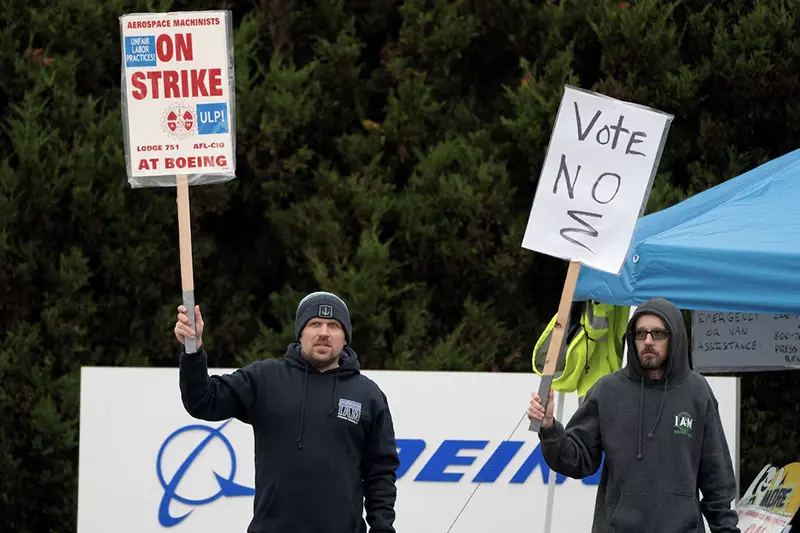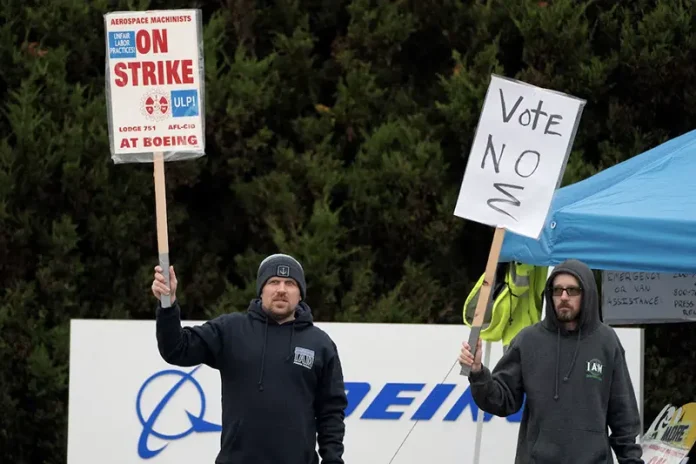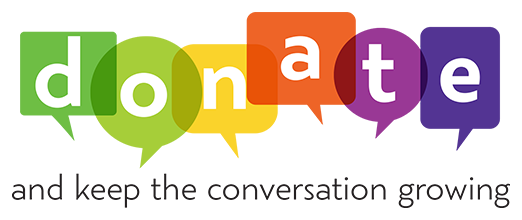By Allison Lampert
October 25, 2024 – 3:20 AM PDT

(Reuters) – Striking workers’ rejection of planemaker Boeing’s (BA.N) latest contract offer has created a fresh threat to operations at aerospace suppliers such as family-run Independent Forge.
If the strike by more than 33,000 U.S. Boeing workers persists another month, the Orange County, California supplier might need to cut its operations from five to three days a week to save money and retain workers, president Andrew Flores said.
While Independent laid off a few employees already, letting more go is not an appealing option, he said. The 22 workers who remain are critical for the company, especially when the strike eventually ends and demand for its aluminum aircraft parts rebounds.
“They are the backbone of our shop,” Flores said this week. “Their knowledge, I can’t replace that.”
Wednesday’s vote by 64% of Boeing’s West Coast factory workers against the company’s latest contract offer, further idling assembly for nearly all of the planemaker’s commercial jets, has created a fresh test for suppliers such as Independent, which opened in 1975.
Boeing’s vast global network of suppliers that produce parts from sprawling modern factories or tiny garage workshops, was already stressed by the company’s quality-and-safety crisis, which began in January after a mid-air panel blow-out on a new 737 MAX.
Demand for parts has dropped, hitting suppliers after they spent heavily to meet renewed demand for planes in the post-pandemic era.
How small suppliers such as Independent navigate the strike, which began on Sept. 13, is expected to affect Boeing’s future ability to bring its plane production back online.
Boeing declined comment.
Seattle-area supplier Pathfinder, which runs a project to attract young recruits to aerospace and trains them alongside its skilled workers, will likely need to lay off more employees, CEO Dave Trader said.
Pathfinder, which let go one-quarter of its 54 workers last month, will also need to send more of its aerospace students back to their high schools, instead of training them in the company’s factories, Trader said.
Suppliers on a regular call on Thursday with Boeing supply-chain executives said they expect the strike will continue for weeks, one participant told Reuters.
About 60% of the 2.21 million Americans who work in the aerospace industry have jobs directly linked to the supply chain, according to the U.S. industry group Aerospace Industries Association.
Those suppliers’ decisions to reduce staffing could create a vicious cycle, as they will put added strain on Boeing’s efforts to restore and eventually increase 737 MAX output above a regulator-imposed cap of 38 after its factories re-open, analysts say.
“Once we get back, we have the task of restarting the factories and the supply chain, and it’s much harder to turn this on than it is to turn it off,” CEO Kelly Ortberg told an analyst call on Wednesday.
“The longer it goes on, the more it could trickle back into the supply chain and cause delays there,” Southwest Airlines Chief Operating Officer Andrew Watterson said of the strike on Thursday.
Shares of Boeing suppliers fell on Thursday. Howmet lost 2%. Honeywell and Spirit AeroSystems fell 5% and 3%, respectively, following weak results.
Spirit Aero, Boeing’s key supplier, which has already announced the furlough of 700 workers on the 767 and 777 widebody programs for 21 days, has warned it would implement layoffs should the strike continue past November.
“It’s starting up the supply chain that is likely to be the biggest worry, especially if they have taken action to cut workers due to a lack of Boeing orders,” Vertical Research Partners analyst Rob Stallard said by email.
A strained supply chain, Spirit Aero’s challenges and increased regulatory oversight from the Federal Aviation Administration over MAX production, means it could take up to a year from the strike’s end to get 737 output back to the 38-per-month rate, Stallard said.
(Reporting By Allison Lampert in Montreal; Additional reporting by Abhijith Ganapavaram in Bangalore and Rajesh Kumar Singh in Chicago; Editing by Rod Nickel)


